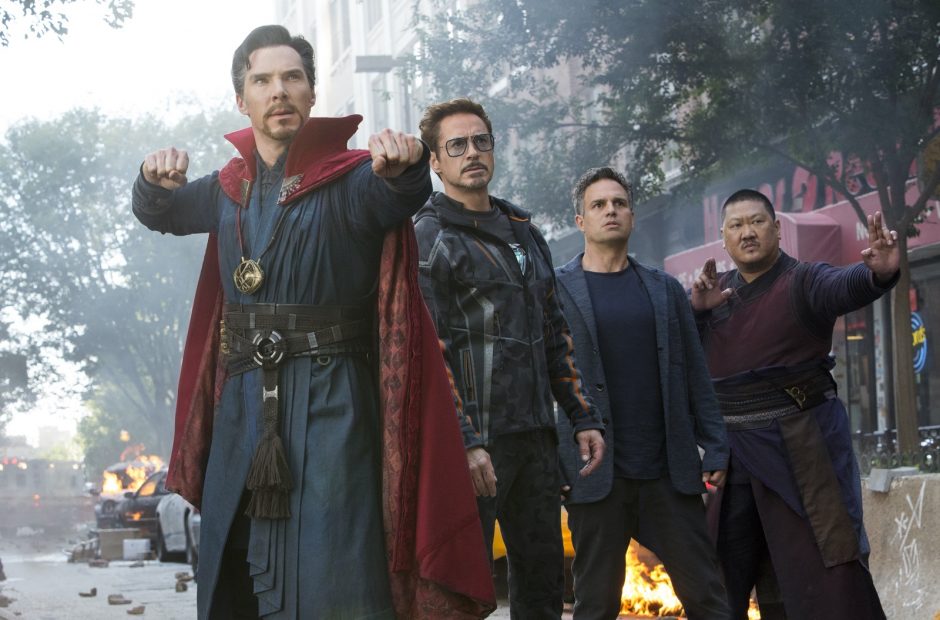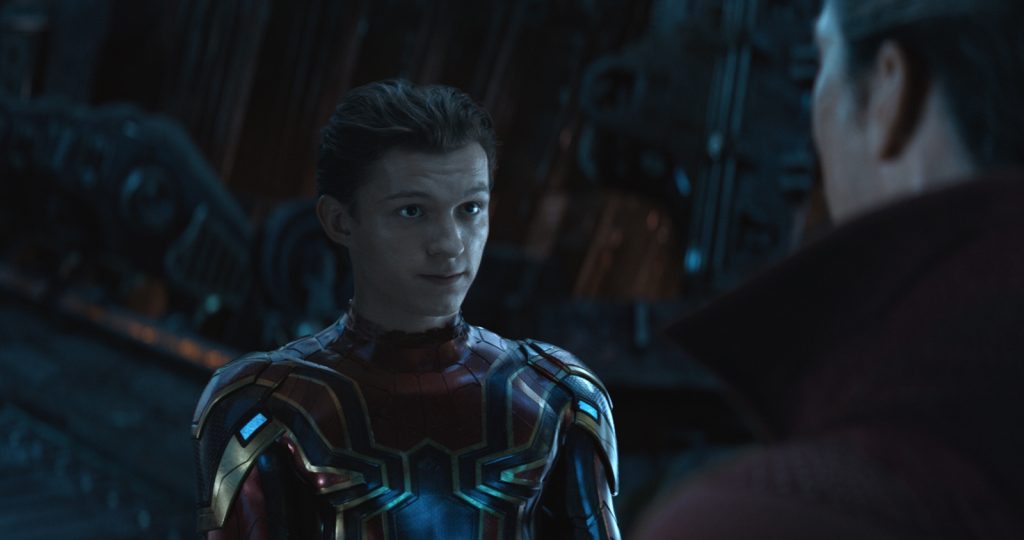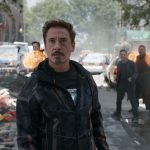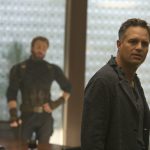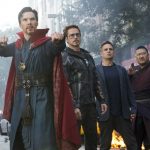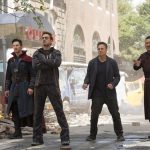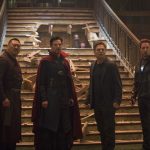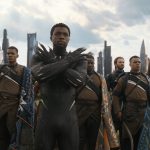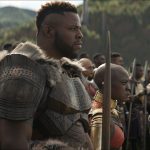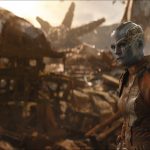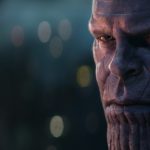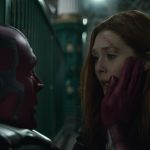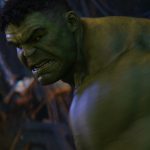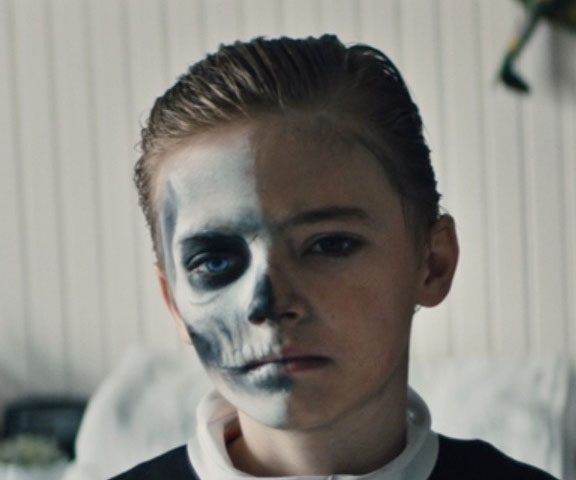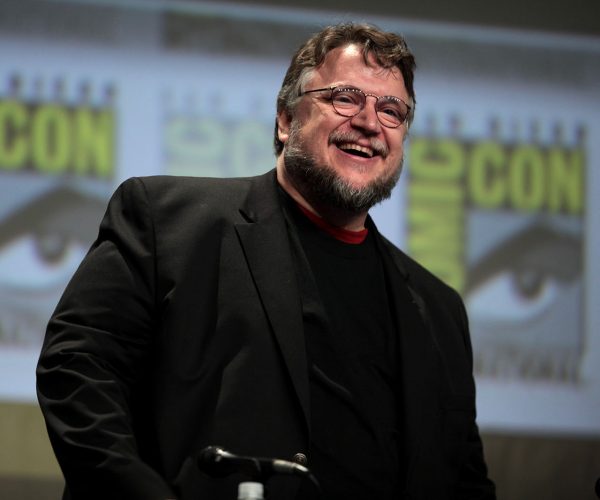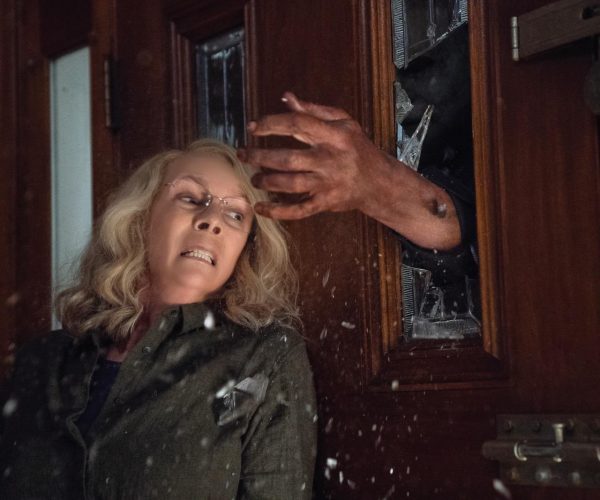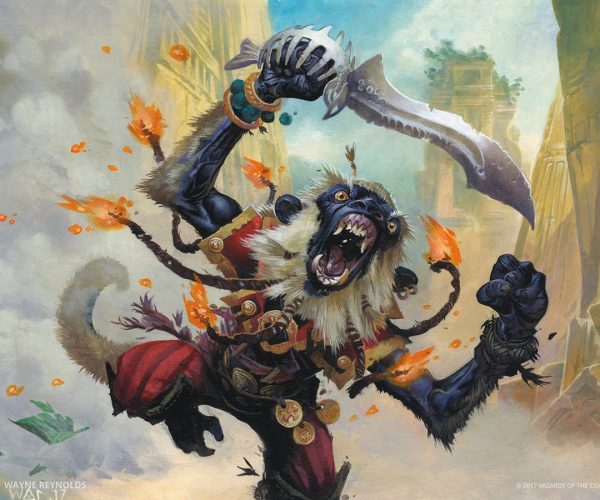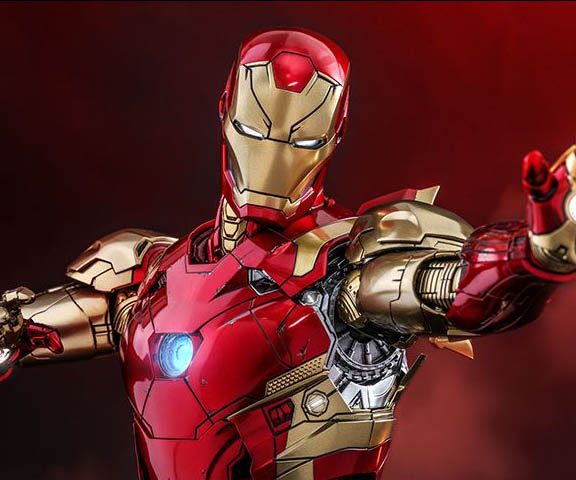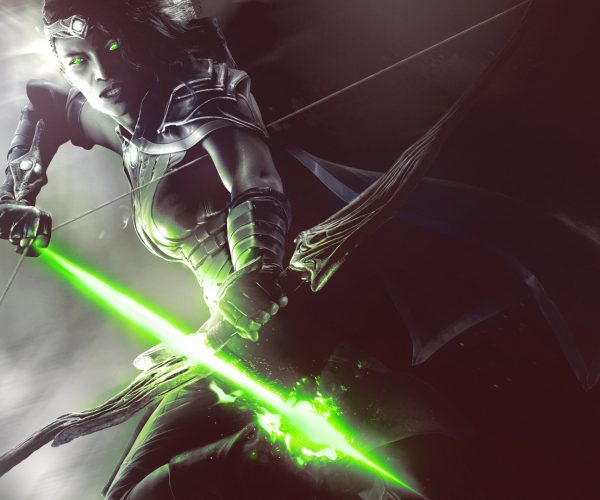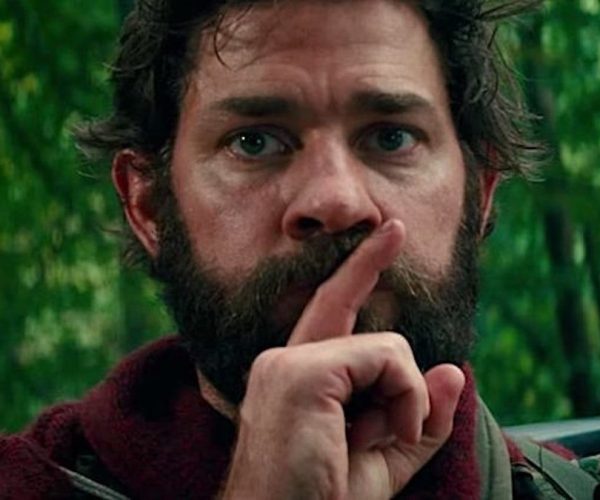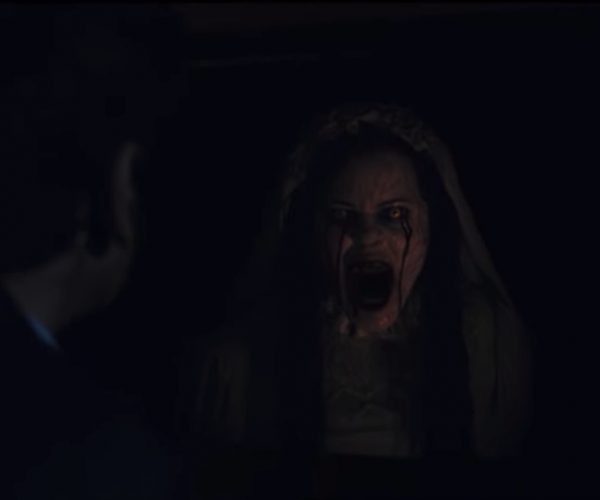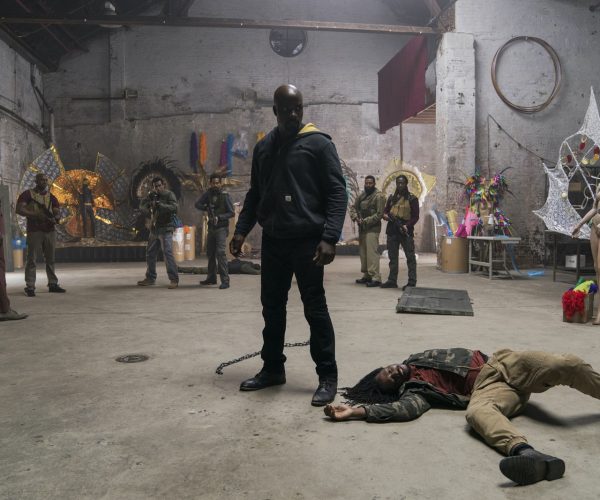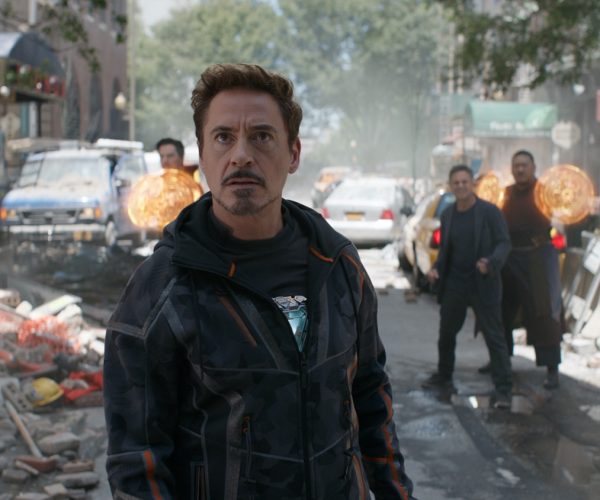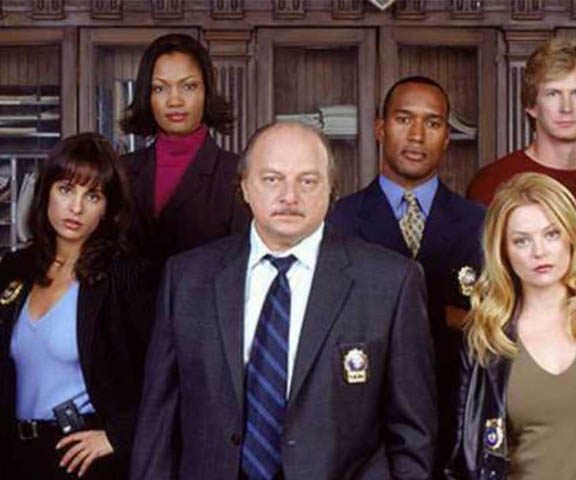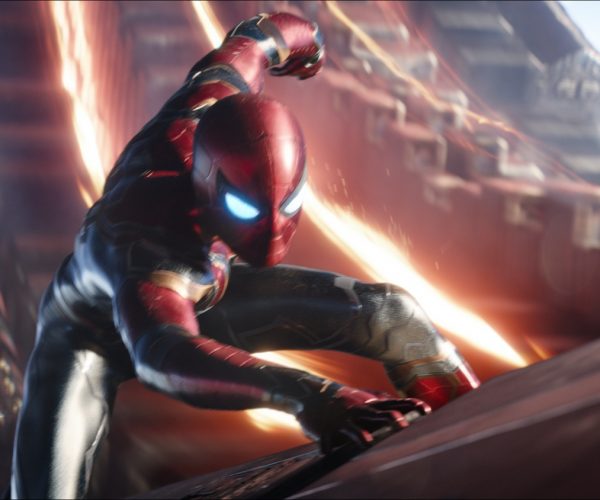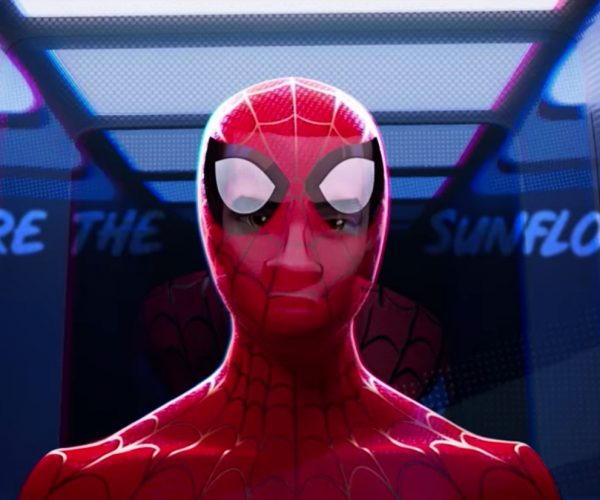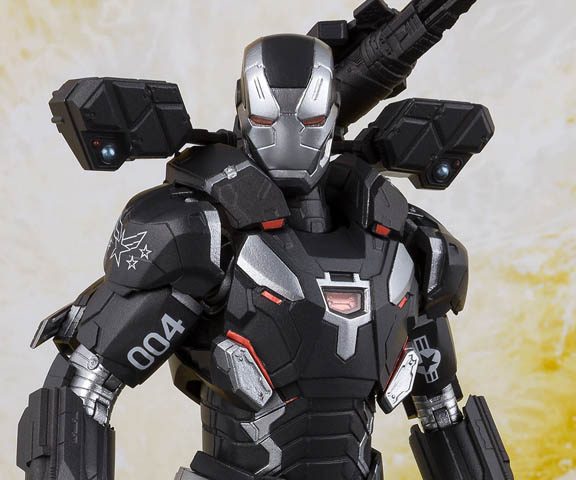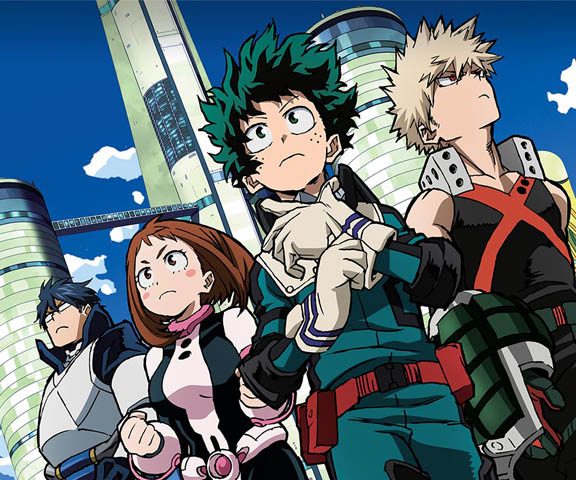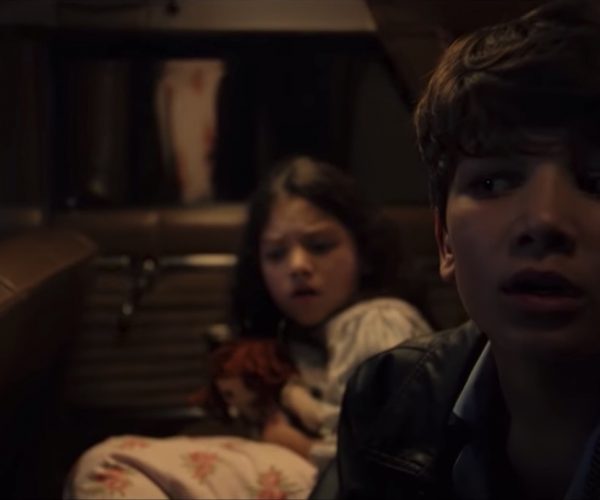There’s been one resounding chorus I’ve heard since the credits first rolled on Infinity War: The ending doesn’t matter, because we know they’re just going to undo all of it. I see it pop up on various sites, but I hear it from friends, too. If it’s not permanent, why does it matter?
The more I think about it, the more I think the people who feel this way are willfully resisting it mattering. Anything and everything about Avengers: Infinity War is up for potential spoilers here, so skip past this very serious picture of Thanos if you dare.
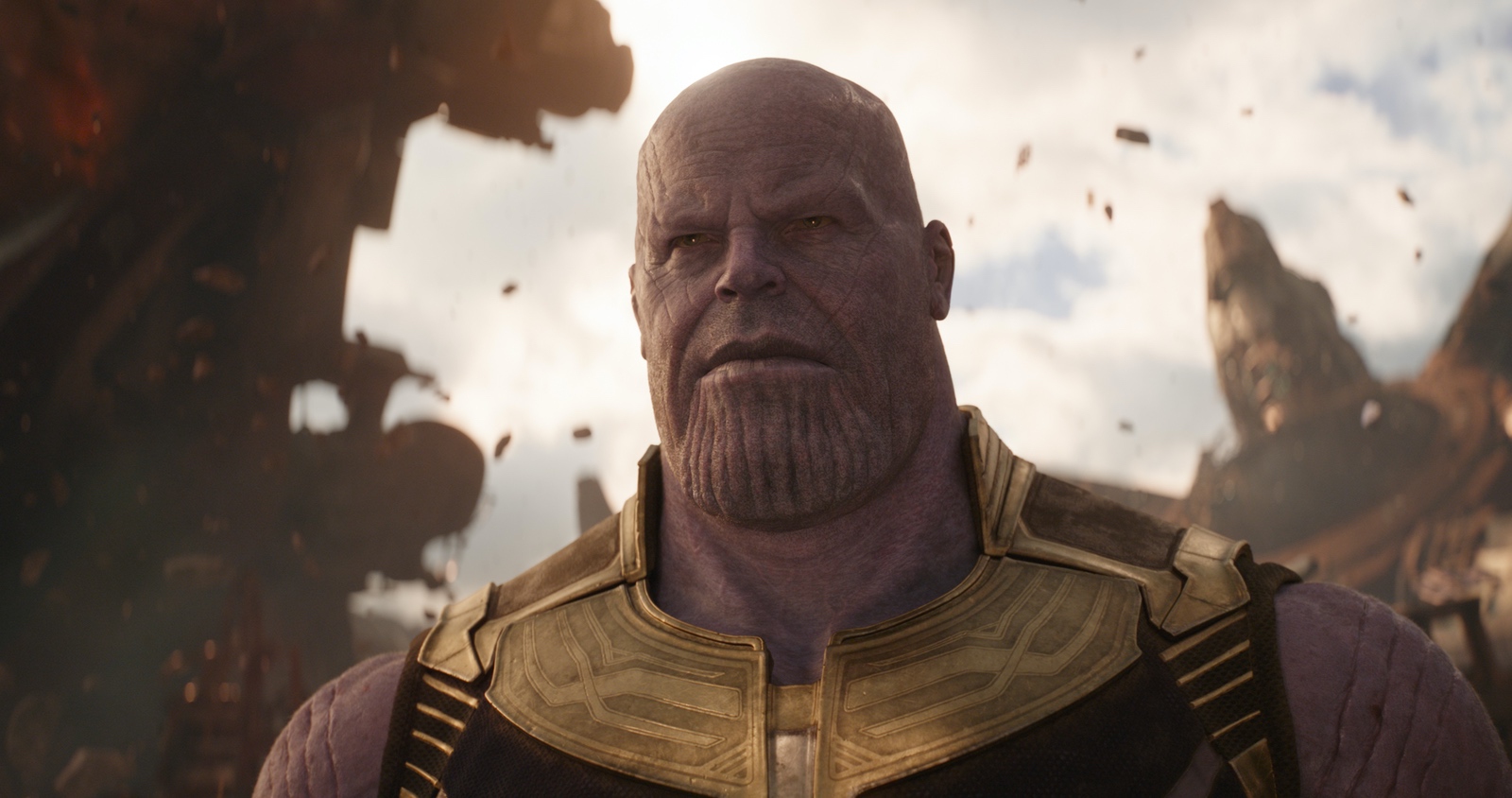
Even if we assume every single character who bit it in the third Avengers film is coming back, everything that happens – or unhappens – will still matter.
We can empathize with characters in the moment
After one of these discussions, I ended up calling up my mom, who hasn’t read a comic book since I was old enough to read them myself (so it’s been like 5 years) She doesn’t watch Marvel movies just because they’re Marvel movies; she watches them because sometimes they look like they’re interesting. She’s the epitome of a casual Marvel viewer. I asked her what she thinks will happen in the next movie, remembering that she told me after watching Infinity War that she “liked it, and kind of hated it.” I was careful not to ask her what she thinks will happen to the characters in the movie, just carefully approach what might happen.
“Well, they’ll figure out a way to get everyone back.”
That, right there, is what kills it for some people: They’ll figure out a way to get everyone back.
Casual viewers know that death isn’t the end in movies like these, and that there are ways back from these things. People watch shows like Doctor Who, Twin Peaks, Stranger Things, and The Good Place. Shows where death isn’t final and time isn’t linear, but where the things that happen still feel meaningful and special.
Because we can empathize with characters while these things are happening. We can imagine what it’s like for Peter to sense just before he turns to dust that something is wrong, and we can imagine how it feels for Tony to watch this kid he’s responsible for disappearing before his eyes. We can feel Peter’s confusion and Tony’s guilt and live in it while it’s happening.
My mom intuitively knows that these characters are coming back. If I continued to prod her, I bet she’d think about how the glove is still intact, even if it’s damaged, and how someone else could wear it. She could imagine how Doctor Strange is a literal sorcerer and Ant-Man can disappear into a quantum zone that exists outside of time and space. That the Vision is backed up on Shuri’s Wakandan thumb drive somewhere. That we saw what looks like Gamora in the Soul Stone as Thanos snapped his fingers.
She knows that there are ways out of this built into the story, but she was fully in that moment just like I was, just like many of us were.
There will be consequences
Even if we assume everyone is coming back, there will still be consequences to what happened in the first film. Even if they simply rewind time and most of the characters forget.
Let’s assume Marvel isn’t going to just hit the rewind button on the VCR and have us watch everything in reverse. I think people will remember what Thanos did, will remember being dead. Someone pointed out to me that there’s precedent for this. I haven’t actually read this volume, so I’m going to recount the story based on the Marvel Wikia on the matter.
In She-Hulk Vol. 1, No 3, She-Hulk is – in addition to being a superhero – a lawyer. During a trial, a ghost is called to testify through Doctor Strange. One of the lawyers points out that the dead do not have rights, because they are dead. But then The Thing is called to the stand, for Testifyin’ Time! The Thing testifies that not only has he died, but that a bunch of heroes have died at various times.
The Thing then recalls how our boy Thanos used the ultimate Michael Jackson accessory to kill off half of the universe, and how these people were later brought back. She-Hulk asks the people in attendance at the trial to raise their hand if they were affected by The Snap. And yes, half of the people raise their hands. Half the world was dead and knows they were dead.
Even if all these people are brought back, the events of the movie will continue to have repercussions for the MCU for years to come in this case.
Let’s say the movie goes full timey-wimey and just undoes everything, though. That’s not my favorite route for the story to take, but even if it does happen, there’s still two hours of movie time left for stuff to happen in. Even though we know Black Panther and Spider-Man are coming back because they both have announced movies on the way, we don’t know that’s going to happen to Thor, Captain America, or any of the other core Avengers, even if we’re desperately hoping Hawkeye will die in some gruesome way befitting his objective terribleness.
Plot v. Story
While discussing this, a friend shared with me a quote from author E.M. Forster about the difference between plot and story:
Story: The king died and then the queen died
Plot: The king died and then the queen died because of grief
If we look at any story as a timeline of Things That Happened, stories get boring fast. There’s a reason books are 200-plus pages long. Or 800-plus if your name is Robert Jordan, Brandon Sanderson, or George R.R. Martin. Because if we just listed out the bullet points, stories would be 10 pages long and they’d be dreadfully boring. It’s not what happens to these characters that matters, but how it affects them and how the creator of that story delivers on that – the plot.
I’m still leaving room for Avengers 4 to fall flat here, because anything is possible, but the Russo brothers have delivered three of the most complicated movies in the Marvel Cinematic Universe catalog – Captain America: The Winter Soldier, Captain America: Civil War, and Avengers: Infinity War – and those are frequently put up as fan favorites, so that seems unlikely to me.
So we have a movie coming up from creators who have consistently delivered stories with satisfying, complex plots, but we’re sitting here assuming that what happens in Avengers 4 will invalidate what happened in Infinity War, rather than build off of it in a satisfying way – that simply bringing the dusted characters back is an act of invalidation.
That puts the mechanics of the story ahead of the emotion in a way that runs right up against the way I think most people view movies. If you’re CinemaSins (please don’t be CinemaSins), then you’re probably going to look at movies as a series of images to wring plot holes out of, but that’s not how we watch movies. Yes, sometimes the logic doesn’t play out perfectly, but logic doesn’t always work out perfectly in real life unless we’re talking about the laws of gravity and physics. Real life has plot holes. Unless a movie really works to break the illusion, the whole thing generally sticks together.
One of these movies is not like the others
I also think it’s worth bringing up just how different Infinity War is from just about any other movie. The structure of the MCU is closer to that of a high-end serial TV show like Game of Thrones or Westworld than it is like a movie or even trilogy of movies.
With the exception of maybe The Fast and Furious movies, Star Wars and Harry Potter, movie makers can’t assume that their viewers have seen the preceding movies with any strong degree of certainty beyond a trilogy. Among the hundreds of movies that come out every year, that’s a rarity.
But Marvel has spent a decade building up a catalog of movies that it can safely assume its audience is familiar with. Even if they haven’t seen every one of them, they’ve probably seen Iron Man, Avengers, Winter Soldier, Civil War, Thor Ragnarok, and Black Panther, or some mix of other MCU movies that brings these characters together in various configurations.
Infinity War dispenses with all the questions about who these characters are. Captain America is just Steve. The Guardians and Thor crash into each other, quite literally, and more time is spent joking than figuring out who these people are. Because they can figure it out, and the writers know we can figure it out.
This doesn’t inherently make Infinity War better or worse, and I’m not really even commenting on that. It’s more that it doesn’t make sense to measure it by the same yardstick – the same way we keep dry and wet measuring cups in our kitchens.
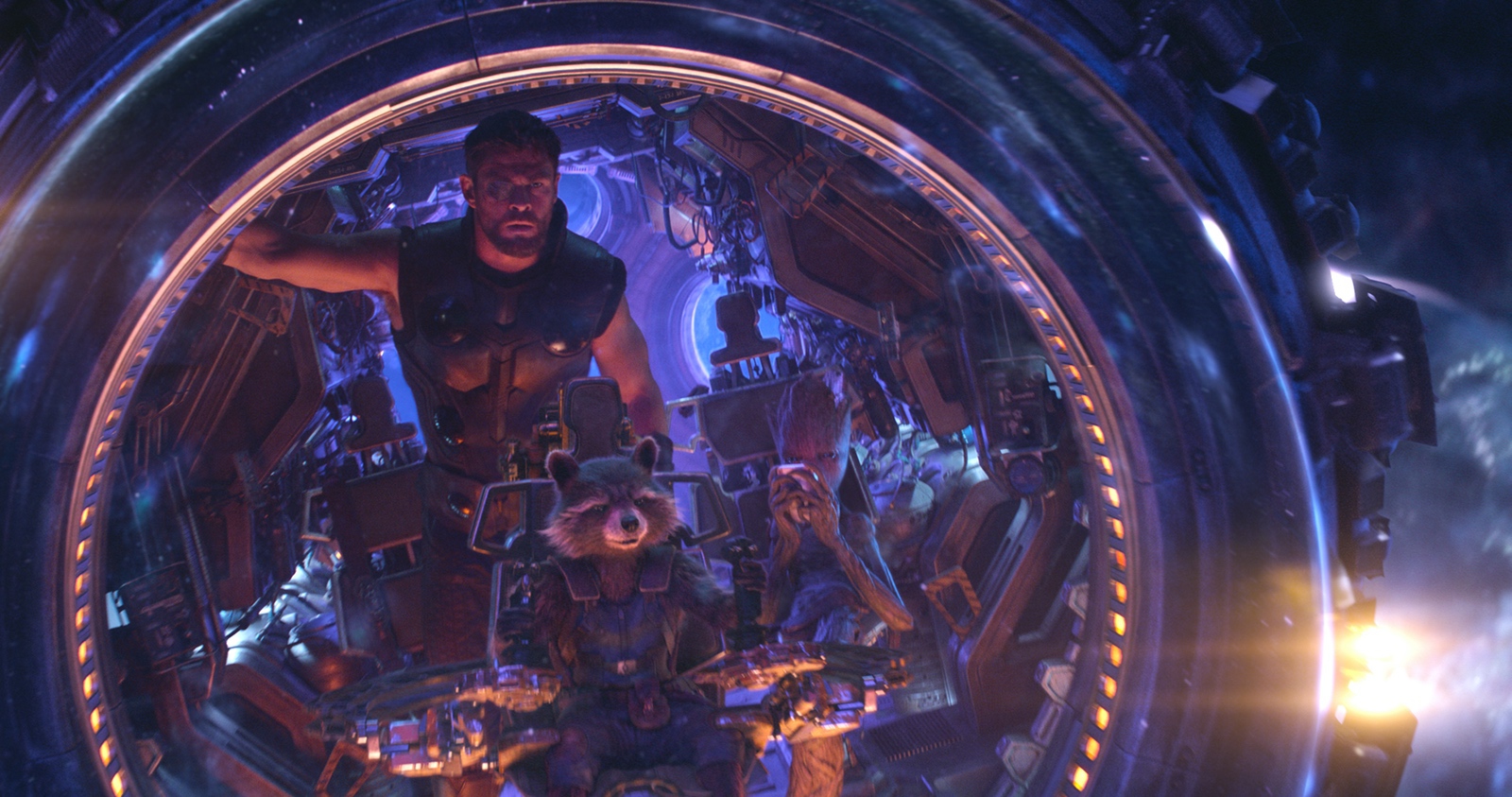
It doesn’t matter if Marvel is forced to publicly announce Black Panther 2 while T’Challa is dead in the story because publicly traded companies are regulated a certain way, or if Tom Holland pretends to be Peter Parker on Jimmy Kimmel’s show for a few minutes. It was probably pretty wild to walk out of The Empire Strikes Back when it first came out, having just found out that Darth Vader is Luke’s father and having the story end on such a huge defeat. People lived with that until Return of the Jedi came out, and I think that’s something people were hoping to reclaim with Infinity War. But that’s ephemera that has absolutely nothing to do with the story itself, and it doesn’t lessen the impact of Infinity War on those of us that enjoy these movies, the same way we can still enjoy that big reveal in Empire even though we know what happens in Jedi. We can experience them as they happen and live in that experience and remember what it felt like to experience them even if we know what might be in store for the characters in the future.
